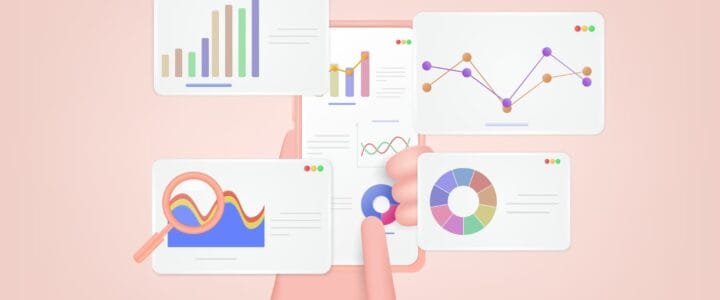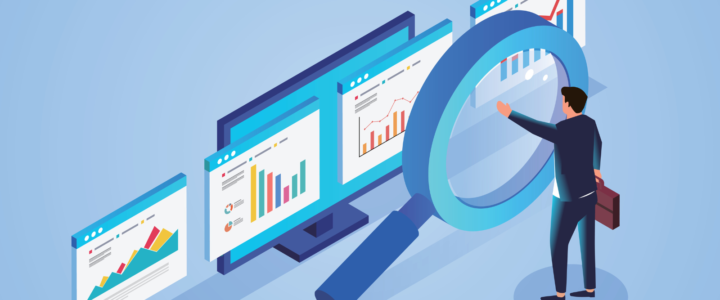Facing your first financial audit can be intimidating, yet it is an essential task for many businesses.
Getting ready for your financial audit


Facing your first financial audit can be intimidating, yet it is an essential task for many businesses.

If your business has a turnover of £90,000 or more and sells products or services subject to VAT, then you must register to pay it and file a return to HM Revenue & Customs (HMRC) – at least once every three months.

A very common question you hear is, “Do you need to be good at maths to be an accountant?” Read more

We have come across this common misconception time and time again from business owners who want to embrace the power of cloud accounting but don’t think it’s right for their business.

Consistent financial reporting needs to be a core part of your financial strategy to ensure sustainable business growth.
Naturally, year-end accounts will form the backbone of your reporting – but, for a full picture, don’t stop there.

There are many financial and legal benefits to being married or in a civil partnership, but one of the most overlooked reasons is the potential for tax relief.
This is because, thanks to the Marriage Allowance, where one partner earns below the tax threshold, they can transfer a portion of their personal allowance to the other partner, reducing the amount of tax they need to pay.
Am I eligible?
The Marriage Allowance relies on one spouse earning below their Personal Allowance of £12,570 per year. This can be through not working, having a low-paying or part-time job, or being retired.
The other partner must be paying the basic tax rate to receive the allowance, meaning their annual income must be between £12,571 and £50,270 per annum.
If this is the case, the lower-earning partner can transfer up to £1,260 of their personal allowance to their higher-earning partner.
How does it work?
By transferring part of your personal allowance to your partner, you increase their personal allowance up to £13,830. This reduces the portion of their income that they are liable to be taxed on, saving them up to £252 per year.
It is important to bear in mind that this transfer reduces the personal allowance of the lower-earning partner by the same amount, meaning that if they earn over £11,310, they are liable to pay tax.
Despite this, it is often still worth the transfer, as the lower-earning partner will still be paying a lower amount of tax, and it will contribute to an overall saving for both partners.
How do I get it?
You can apply for Marriage Allowance on the Government website if you fit all the criteria mentioned above.
If you or your partner were born before 6 April 1965, you may benefit more by applying for Married Couple’s Allowance instead.
It is also possible to backdate the claim to include any tax year from 5 April 2019, meaning that you and your partner can get further reductions to your tax bill.
If you are unsure whether the Marriage Allowance will benefit you and your partner, get in touch with our experts today for help and advice.

As a business grows, its accounting needs become more complex and time-consuming.

In the unpredictable world of business, it’s not uncommon for companies to experience financial losses.

Most businesses are already using cloud accounting software to manage their finances. However, not all of them are taking full advantage of automated processes to streamline their accounting process. Read more

We are now only 100 days away from the Self-Assessment tax deadline on 31 January 2024.